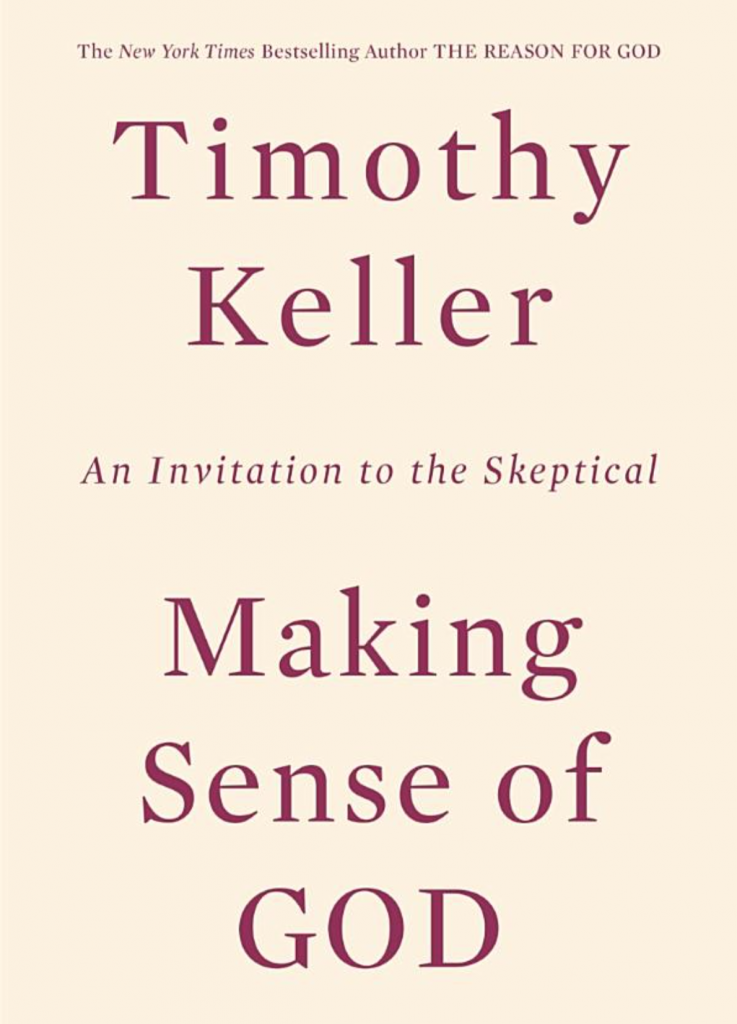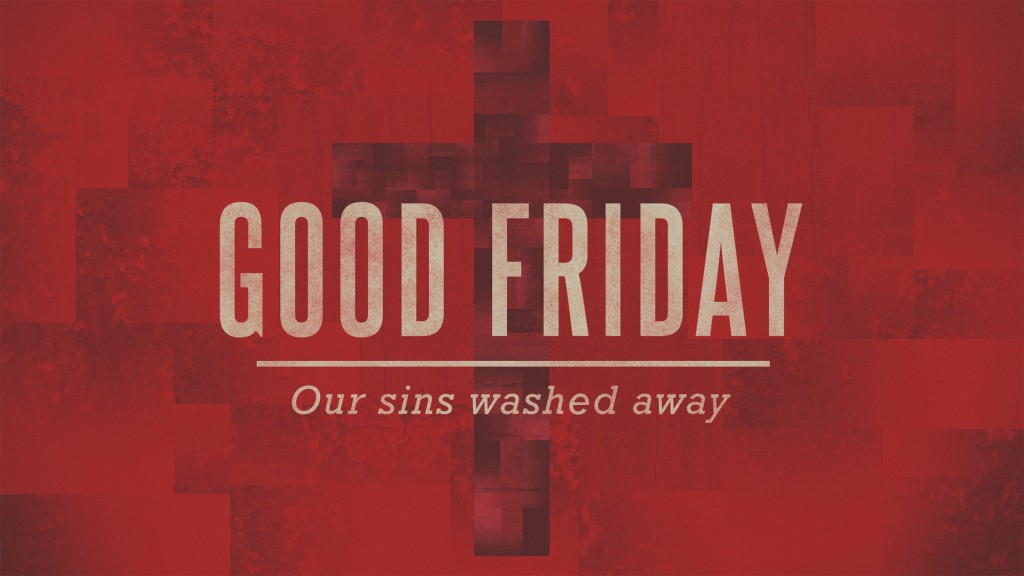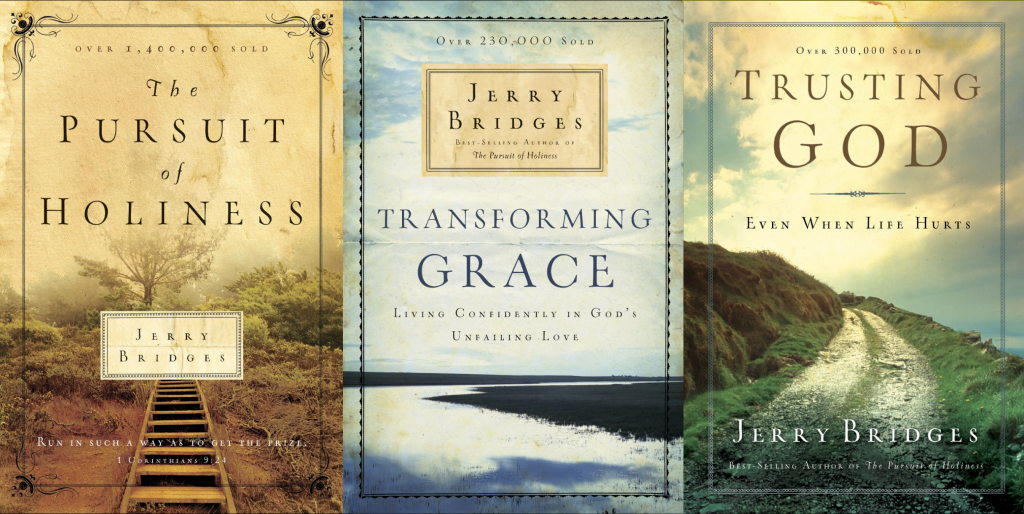
Creative Commons
I wanted to share with you (what I consider to be) some very important, thoughtful, wise and ultimately Scriptural thoughts having to do with the Orlando tragedy.
I pulled a few quotes from the two best articles that I read this week on the subject. I wish every Christ-Follower could read them. Hyperlinks are included below to the full articles. But today, for the sake of valuing your time, here are just a few highlights.
 Scott Sauls and Russell Moore are the authors of these pieces. For those who may not know them, here is a brief background:
Scott Sauls and Russell Moore are the authors of these pieces. For those who may not know them, here is a brief background:
Scott Sauls: He was mentored and trained under Dr. Timothy Keller at Redeemer Presbyterian Church in New York City. Sauls filled the pulpit many times when Keller was not speaking. Sauls then went on to plant two churches, and now he serves as Sr. Pastor of Christ Presbyterian Church in Nashville, TN. He is also author of Jesus Outside the Lines: A way forward for those who are tired of taking sides (Tyndale Publishers). Scott is an outstanding, insightful writer (and speaker)… and I don’t use those words lightly. Scott’s blog is one that I regularly read.
 Russell Moore: Dr. Moore is President of the Ethics & Religious Liberty Commission of the Southern Baptist Convention. His article appeared in TIME Magazine (online) this week. Again, very wise words, from a very thoughtful, kind, gracious, biblical communicator.
Russell Moore: Dr. Moore is President of the Ethics & Religious Liberty Commission of the Southern Baptist Convention. His article appeared in TIME Magazine (online) this week. Again, very wise words, from a very thoughtful, kind, gracious, biblical communicator.
Here are a few excerpts from Scott Sauls’ article…
“Violence Toward LGBTQ: A Pastor’s Reflection”
by Scott Sauls
It was seventeenth century Lutheran theologian, Rupertus Meldenius, who first coined the famous words:
In essentials, unity; in non-essentials, liberty; in all things, charity.
Today, and especially in light of the horrendous massacre in Orlando, in which forty nine souls had their lives cut short by a shooting spree at a gay night club, I would like to focus on the third of Meldenius’ three statements. For the purposes of this reflection, I will add the words, “and toward all people and all people groups” to the charity part.
Because of the way that Jesus came to us in love—not while we were at our best but while we were at our worst, not when we were treating him as a friend but when we were treating him as an enemy—we Christians of all people should find creative and consistent ways to love, listen to, and serve all kinds of people… especially in their days of need and loss and sorrow.
In light of the Orlando tragedy, I am especially moved to highlight this basic gospel imperative, to love your neighbor as yourself. This is not a time to be silent about the horrible injustice that occurred in Orlando last weekend. And it is not a time for preaching one’s views about right and wrong when it comes to sexuality. This is a time to love. This is a time for compassion. This is a time for tears, to enter into the sorrow and the loss, not with answers but with presence.
And, whatever one’s beliefs may be about sexuality, silence is never an option where abuse and injustice are perpetrated. Because, as Dr. King once said, injustice anywhere is a threat to justice everywhere.
Furthermore, Jesus never seemed too concerned about sending “mixed messages.” He welcomed sinners of every kind—religious sinners and irreligious sinners, sexual sinners and pious sinners, bottom of the barrel and holier-than- thou sinners—and ate with them. Without caveats. And he took a lot of criticism for it from pious religious folk. But he didn’t seem to care.
A day or two after the Orlando shooting, I came across a tweet by an LGBTQ advocate named Tamara Lunardo, retweeted by Rachel Held Evans, which said the following:
“Straight friends, especially you Christians, please know: We hear your silence so loud.”
Now, before you get defensive (as I – Paul – did initially), please read on!
According to Ms. Lunardo, most of the outcries about Orlando seemed to be coming from everyone except those who identify as followers of Jesus. It’s as if she was saying, “Hey you Christians, they are hurting down there in Orlando. So then, you Christians, where are your tears? Where are your outcries? Where is your compassion? If it’s there, let us see it and feel it and experience it. If you have a light, you Christians, this is most certainly not the time to be hiding it beneath a bushel.”
There are exceptions to Ms. Lunardo’s concern, like this thoughtful piece about weeping and mourning together over lives and loved ones lost from the Southern Baptist leader, and a relatively new friend of mine, Russell Moore. Or one tweet and then another from another friend of mine, pastor Matt Chandler, to his sizable number of followers:
“What a horrific act of evil. Christians your Muslim friends & neighbors woke up this morning wondering how they will be viewed. Love them. Also consider the fear and pain this will have in the LGBT community. Let’s be the people of God in this heinous and awful violence.”…
Is it possible to disagree with each other on sensitive subjects, and still maintain meaningful and even loving friendships with each other? And, as Russell Moore suggests, is it not only possible but imperative and right to weep and mourn across such lines…and in such a way that the lines become transformed into bridges?…
“Who is my neighbor?” the teacher of the law asked Jesus.
Your neighbor, O child of God and heir of the Kingdom, is anyone who is near and anyone who has a need…
You know, Jesus…the same Jesus who healed ten lepers even though only one of them would say thank you, the same Jesus who made a Samaritan the hero of his story about neighbor-love right in the face of the reality that Jews hated Samaritans and Samaritans hated Jews, the same Jesus who commended Rahab for providing refuge for Israel’s spies even though she was still, at the time, an active prostitute, the same Jesus who went after Peter in love when Peter had denied him three times, before Peter ever repented or said that he was sorry, the same Jesus who looked a prostitute dead in the eye, while she was still dressed like a prostitute and had come to him straight off the streets to kiss his feet with her prostitute’s lips and douse his skin with her prostitute’s perfume, and praised her for her expression of love, regardless of how unorthodox it may have been to the cultural norms of the day.
…Chick Fil-A, a Christian owned and operated restaurant, did [something] in response to the Orlando shootings. On Sunday, the day that Chick Fil-A is always closed so its employees can worship God at their churches and observe a Sabbath rest, they decided instead to brew gallons of tea and prepare hundreds of their sandwiches, and then they handed them out free of charge to people who were donating blood for the LGBTQ shooting victims…
The truest disciples of Jesus, not in spite of their Christian beliefs but because of them, take initiative to love, listen to, and serve those who don’t share their beliefs.
It is God’s kindness that leads us to repent.
It is not our repentance that leads God to be kind.
Let’s make sure that God’s kindness is tasted not only on the pages of Scripture, but through our lives and through our loving. Because the more we are into Jesus, the more conservative we are in our belief that every single word of the Bible is right and good and true, the more liberal we will be in the ways that we love…
The response that makes us suspect in the eyes of those who are religiously smug and relationally scared, the response that leads some to even accuse us of being soft on law because we are so heavy on grace. The response that causes onlookers, especially the more pious ones, to mischaracterize us as “gluttons and drunks” because of the aroma of Jesus, who was similarly accused, that seeps out of us…
And so I ask again, is it possible to profoundly disagree with someone and love them deeply at the same time? Is it possible to hold deep convictions and embrace people who reject your deep convictions simultaneously?
Yes, it is.
Do you remember Jesus’ encounter with the rich young man (Mark 10:17-27)? Do you remember how Jesus told the man to sell all of his possessions, give to the poor, and then follow him? Do you remember how the man then turned away from Jesus because he had great wealth? If you do remember the encounter, did you catch these two incredibly significant details? First, Jesus looked at the man and loved him.
Second, the man walked away from Jesus feeling sad. Not judged. Not ticked off. Not feeling bullied or dismissed or excluded or marginalized. Not saying to Jesus and his followers, “I hear your silence so loud.” No. Not this. But SAD. The man walked away in the tension of paradox—held captive by the chains of his money idol, yet sensing a forfeiture of a different and perhaps more life-giving form of wealth.
So let’s ask ourselves, what will matter more to us in the end—that we successfully put others in their place, that we took a “moral stand” regardless of who we alienated and whose fragile spirits we crushed in the process…or that we loved well enough for lines to turn into bridges?
God have mercy on us if we do not love well because all that matters to us is being right and winning culture wars and taking moral stands that put people in their place but don’t win any people’s hearts. I want to contend that truth and love can go together. I want to contend that truth and love must go together.
Into a climate in which Christians were routinely made fun of, maligned, and persecuted for their convictions, Peter wrote these words:
“In your hearts honor Christ as holy, always being prepared to make a defense to anyone who asks you for a reason for the hope that is in you; yet do it with gentleness and respect, having a good conscience, so that, when you are slandered, those who revile your good behavior in Christ may be put to shame.” (1 Peter 3:15-16).
Critics turned to friends, lines turned to bridges…through gentleness and respect. Can you imagine it?
And finally, here is the excerpt I wanted to share from Russell Moore’s excellent piece featured on TIME magazine’s site:
Can We Still Weep Together After Orlando?
by Dr. Russell Moore
It seems now that there’s rarely a time of grieving together.
We woke up Sunday morning to news of the worst mass shooting in American history, as a terrorist murdered and injured over a hundred people in a gay nightclub in Orlando. In the aftermath, we’ve seen some of the best aspects of America: people lining up, for example, to give blood for the victims. We’ve also seen some of the worst—as the aftermath turned into an excuse for social media wars over everything from gun control to presidential politics. What I wonder is whether the country still has the capacity to grieve, together, in moments of national crisis.
When we’re accustomed to seeing news in real time on our television screens and on our phones, it is sometimes easy to forget that the news we are viewing is real. At least 50 people—created in the image of God—were slaughtered in cold blood. Families who were waiting to see their loved ones are finding out that they will never see them again in this life. That ought to drive us to mourn.
Our nation has shared moments of crisis and tragedy before. Think of Pearl Harbor, when the country rallied around President Roosevelt and toward a common purpose of defeating the Axis Powers. Think of the John F. Kennedy assassination, when the country—even the Kennedy family’s enemies—seemed to grieve together. Think of Sept. 11—before the fracturing of the Iraq War—when the country looked to common cultural expressions, from the service at the National Cathedral to the cold open of Saturday Night Live, for a sense of lament together.
It seems now, though, that there’s rarely a time of grieving together. The time of lament morphs almost immediately into arguments over what the President should have said or whether this validates or annihilates someone’s views on guns or immigration or whatever. Some of that, of course, is just the speed of social media. People are able to discuss, rather publicly, issues much quicker than they could before. But there seems to be more than that.
Our national divisions increasingly make it difficult for us not just to work together, but even to pause and weep together. We become more concerned about protecting ourselves from one another’s political pronouncements than we do with mourning with those who mourn…
How then do we weep with those who weep?
Let’s call our congregations to pray together. Let’s realize that, in this case, our gay and lesbian neighbors are likely quite scared. Who wouldn’t be? Demonstrate the sacrificial love of Jesus to them.
We don’t have to agree on the meaning of marriage and sexuality to love one another and to see the murderous sin of terrorism. Let’s also pray for our leaders who have challenging decisions to make in the midst of crisis. Let’s mobilize our congregations and others to give blood for the victims. Let’s call for governing authorities to do their primary duty of keeping its people safe from evildoers.
As the Body of Christ, though, we can love and serve and weep and mourn. And we can remind ourselves and our neighbors that this is not the way it is supposed to be. We mourn, but we mourn in the hope of a kingdom where blood is not shed and where bullets never fly.
**(All bold & italics are mine – to help emphasize key portions of these articles)
 Matt Smethurst, Managing Editor of The Gospel Coalition, recently interviewed Tim Keller about his brand new book Hidden Christmas.
Matt Smethurst, Managing Editor of The Gospel Coalition, recently interviewed Tim Keller about his brand new book Hidden Christmas.




 Russell Moore: Dr. Moore is President of the Ethics & Religious Liberty Commission of the Southern Baptist Convention. His article
Russell Moore: Dr. Moore is President of the Ethics & Religious Liberty Commission of the Southern Baptist Convention. His article 



